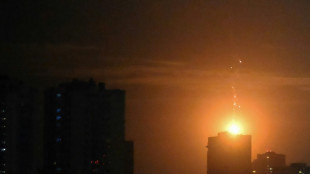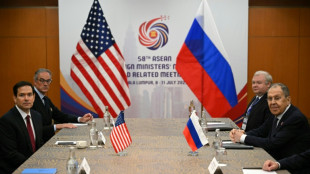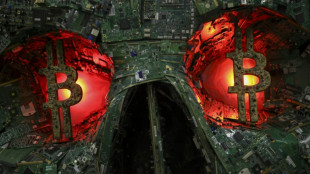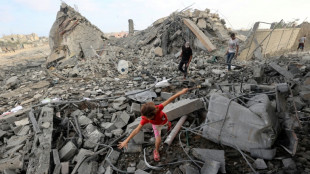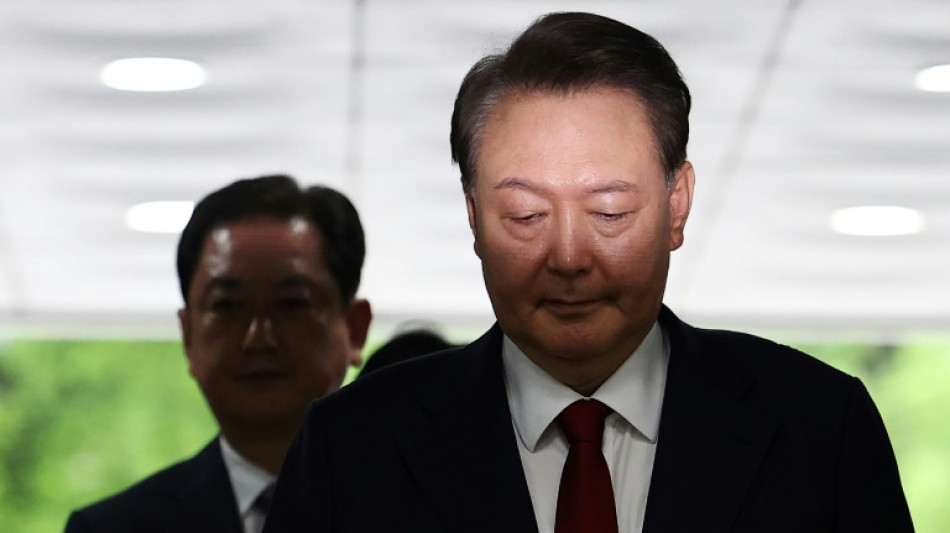
S Korea's disgraced ex-president Yoon detained, again, over martial law

South Korea's disgraced ex-president Yoon Suk Yeol was detained for a second time Thursday over his declaration of martial law and held in a solitary cell pending investigations into accusations of insurrection.
Yoon had plunged South Korea into a political crisis when he sought to subvert civilian rule on December 3, sending armed soldiers to parliament in a bid to prevent lawmakers voting down his declaration of martial law.
He became South Korea's first sitting president to be taken into custody when he was detained in a dawn raid in January, after he spent weeks resisting arrest, using his presidential security detail to head off investigators.
But he was released on procedural grounds in March, even as his trial on insurrection charges continued.
After Yoon's impeachment was confirmed by the court in April, he again refused multiple summons from investigators, prompting them to seek his detention once more to ensure cooperation.
The latest arrest warrant was issued over concerns that Yoon would "destroy evidence" in the case, Nam Se-jin, a senior judge at Seoul's Central District Court said.
- Solitary -
The former president, 64, attended a hearing on Wednesday that lasted about seven hours, during which he rejected all charges, before being taken to a detention centre near Seoul where he awaited the court's decision on whether to detain him again.
During his warrant hearing, the former president said he is now "fighting alone", local media reported.
"The special counsel is now going after even my defence lawyers," said Yoon during his hearing.
"One by one my lawyers are stepping away, and I may soon have to fight this alone."
Once the warrant was issued early Thursday, Yoon was placed in a solitary cell at the facility, where he can be held for up to 20 days as prosecutors prepare to formally indict him including on additional charges.
"Once Yoon is indicted, he could remain detained for up to six months following indictment," Yun Bok-nam, president of Lawyers for a Democratic Society, told AFP.
"Theoretically, immediate release is possible, but in this case, the special counsel has argued that the risk of evidence destruction remains high, and that the charges are already substantially supported."
- Long time in detention? -
During the hearing, Yoon's legal team criticised the detention request as unreasonable, stressing that Yoon has been ousted and "no longer holds any authority".
Earlier this month, the special counsel questioned Yoon about his resistance during a failed arrest attempt in January, as well as accusations that he authorised drone flights to Pyongyang to help justify declaring martial law.
The former president also faces charges of falsifying official documents related to the martial law bid.
Yoon has defended his martial law decision as necessary to "root out" pro–North Korean and "anti-state" forces.
But the Constitutional Court, when ousting Yoon from office on April 4 in a unanimous decision, said his acts were a "betrayal of people's trust" and "denial of the principles of democracy".
South Korea's current president, Lee Jae Myung, who won the June snap election, approved legislation launching sweeping special investigations into Yoon's push for martial law and various criminal accusations tied to his administration and wife.
O.Ouellet--SMC


 London
London

 Manchester
Manchester
 Glasgow
Glasgow
 Dublin
Dublin
 Belfast
Belfast
 Washington
Washington
 Denver
Denver
 Atlanta
Atlanta
 Dallas
Dallas
 Houston Texas
Houston Texas
 New Orleans
New Orleans
 El Paso
El Paso
 Phoenix
Phoenix
 Los Angeles
Los Angeles
